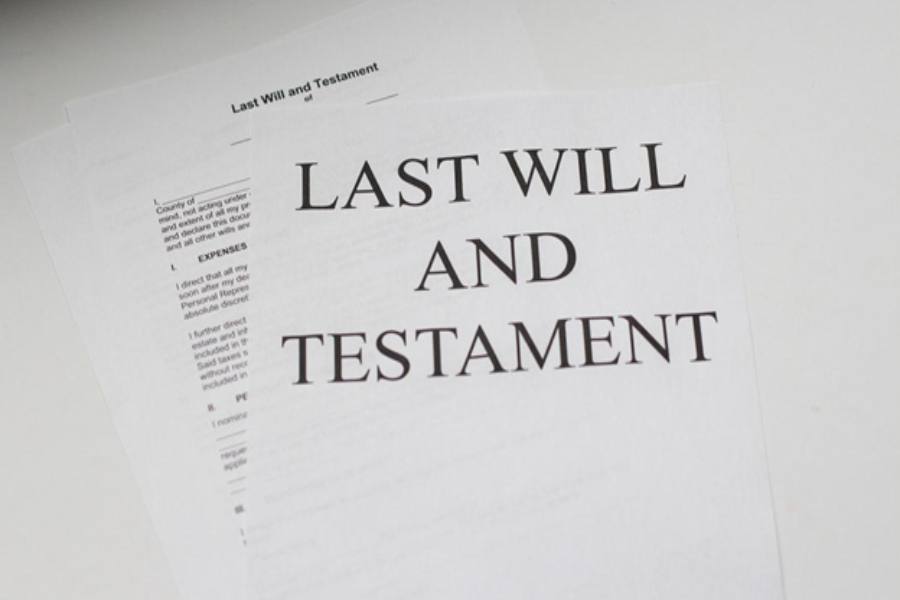Heirs may find themselves at odds over the distribution of an estate when a loved one passes away. Disagreements may arise from perceived inequalities in inheritance, concerns about the deceased’s mental state, or claims of undue influence.
More than just a legal hurdle, these disputes can lead to lengthy court battles that drain emotional and financial resources. How these disagreements are resolved can affect the future relationships between family members — let’s take a closer look to learn more.
The Legal Process of Contesting a Will
When heirs decide to challenge a will, they must initiate a formal legal process. Most of the time, it begins with filing a petition in probate court, outlining the reasons for contestation, and providing evidence to support the claims. Once filed, the estate executor is typically notified, and the court then schedules a hearing to evaluate the merits of the case. At this stage, both sides can gather evidence and prepare arguments to present before the judge.
During this process, always consult with a probate lawyer in your area. If you are from the state of Indiana, the right Indianapolis probate lawyer can offer advice tailored to specific state laws and the unique circumstances of the case. If the judge determines that the will is valid, the case will conclude, and the estate will be distributed according to the terms of the contested document. If the judge finds in favor of the contesting heirs, the original will may be deemed invalid.
Common Grounds for Contesting a Will
There are several legitimate reasons for contesting a will, each connecting to its validity or the circumstances under which it was created. If the deceased was suffering from a medical condition such as dementia or was under medication that impaired judgment, heirs may argue that the will does not reflect their true intentions.
Another common ground for contestation involves undue influence, where a beneficiary manipulated the testator into altering the will in their favor. This type of claim requires significant evidence, often showing that the beneficiary had a relationship of trust or power over the deceased. Also at issue can be improper formalities related to the will’s creation. Each state has specific rules regarding witnessing and signing wills, and failing to meet these requirements can lead to disputes.
Impact on Family Relationships
The emotional toll of contested wills on family relationships can be severe. Disputes sow discord among siblings or between parents and children. Heirs may begin to see each other not as a family but as rivals, which can have irreparable consequences. Trust, once broken, may be challenging to restore, and gatherings that once felt comfortable may now be fraught with tension.
The process itself can further divide family members as they may align with one faction or another, creating chasms in long-standing ties. Acknowledging these dynamics is necessary, as many families find themselves grappling with emotions during an already challenging time.
Potential Financial Implications
Contested wills can have financial consequences for all parties involved. Initially, legal fees can accumulate, even reaching thousands of dollars. Both sides will incur attorney’s fees for representation throughout the hearing process. If the case ends in a lengthy trial, these costs can escalate rapidly, creating a financial burden on heirs who may already be grieving the loss of a loved one.
Any property tied up in a lawsuit cannot be sold or accessed, which results in frustrations and delays in distribution. If one heir challenges the will, others may feel pressured to do the same, thereby prolonging the dispute and its associated costs. These financial ramifications reinforce the necessity for pre-planning conversations among family members about inheritances.
Contested wills can lead to intricate legal disputes which may have long-lasting effects on family relationships, finances, and emotional well-being. By understanding the grounds for contestation, heirs can navigate through challenging times more effectively. Utilize the expertise of a probate lawyer and prioritize thorough estate planning to prevent conflicts and ensure that the deceased’s true intentions are honored.


